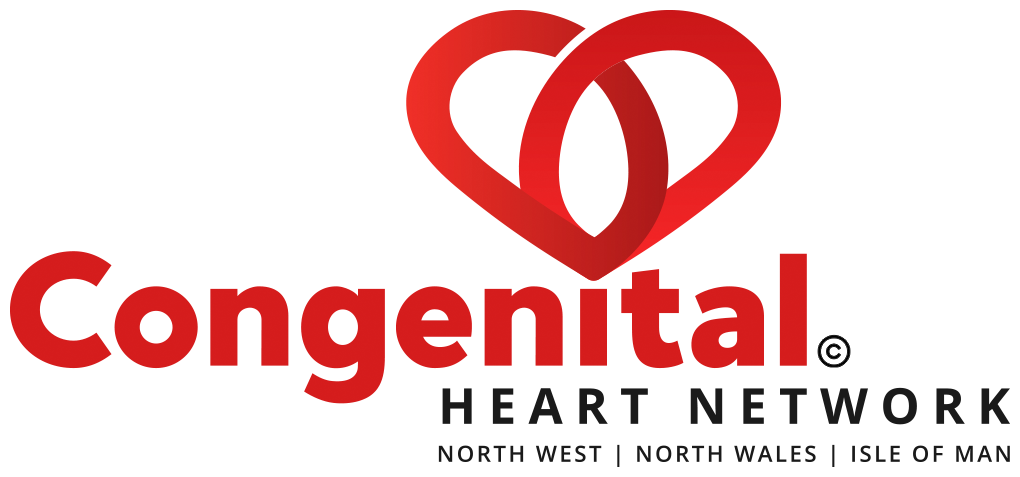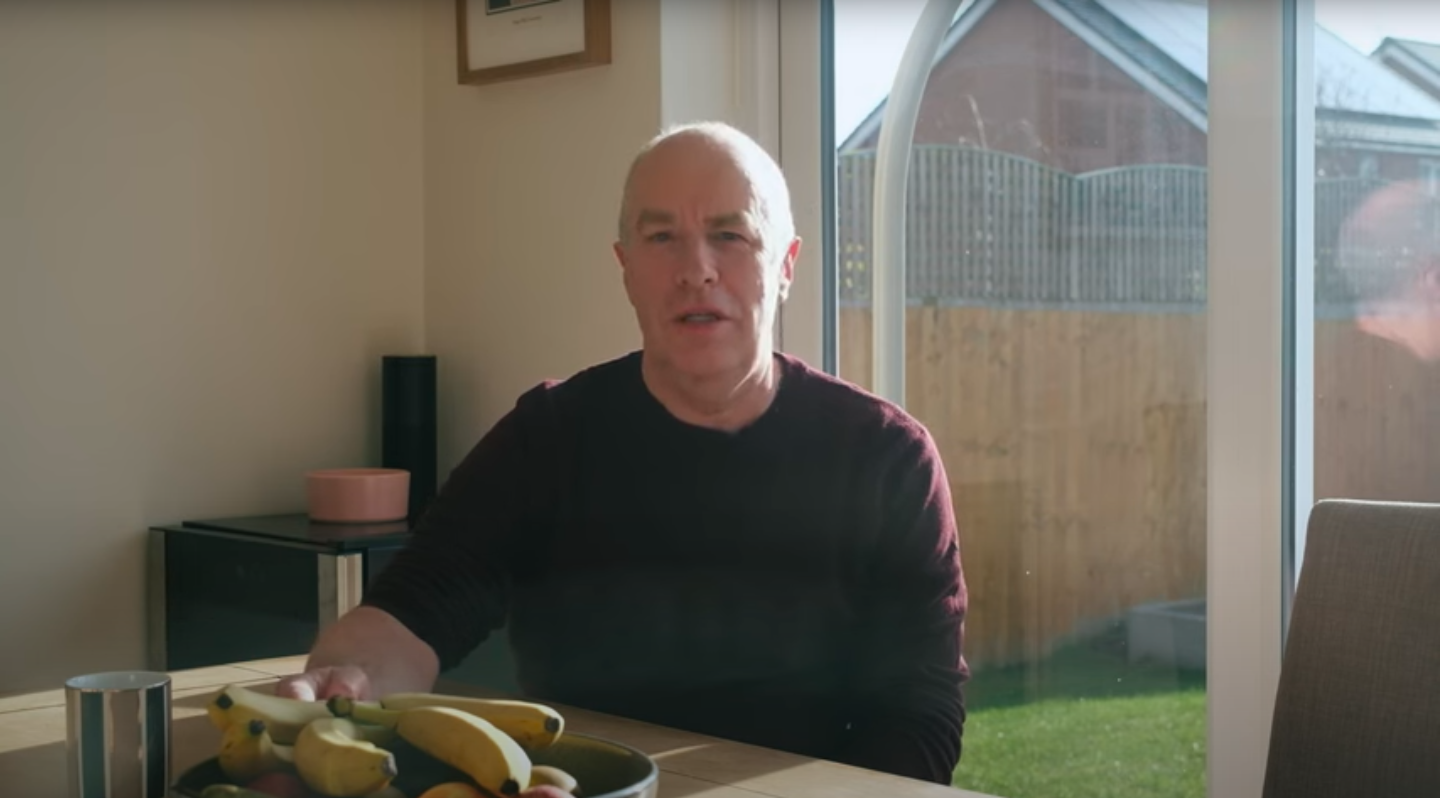Mike’s Story: A Lifetime with Congenital Heart Disease
When Mike was born, congenital heart disease was far less understood than it is today. His journey began with two congenital heart defects, one of which was repaired in 1973, long before many of today’s modern surgical techniques were available. Now, decades later, Mike stands as part of the first generation of CHD patients living well into adulthood — a living testament to progress in care, resilience, and the importance of community.
A Lifetime of Challenges
Mike’s earliest struggle was an atrial septal defect, repaired during open-heart surgery in 1973. Many years later, he was diagnosed with Wolff-Parkinson-White syndrome, an abnormal electrical pathway in the heart, which was successfully treated with ablation in 2004.
Throughout his life, he has endured palpitations, uncertainty, and the daily realities of managing a heart condition. But despite these hurdles, he remains grateful: “I am very thankful to be part of the first generation of CHD patients that live into later life.”
The Evolution of Care
Mike’s reflections highlight how far CHD care has come. When he underwent his childhood surgery, psychological support was virtually non-existent. Patients were expected to endure the trauma of surgery and recovery largely on their own.
Today, however, Mike celebrates the improvements in emotional and psychological support for children and adults alike. These services help reduce trauma, ease the burden of pre- and post-operative care, and give patients a safe space to talk about their worries and experiences.
The Power of Patient Voice
One of the strongest themes in Mike’s story is the importance of community. Having the chance to share stories with others who live with congenital heart disease has been life-changing.
“Being able to share worries, concerns, and successes with fellow patients, and to discuss medication, treatments, and recoveries in a supportive environment, can be transformative,” Mike explains. These conversations provide encouragement, validation, and the knowledge that no one has to face CHD alone.
A Message to Others
Mike reminds us that life with CHD doesn’t always mean pushing beyond limits. Society often demands we “beat our personal bests” and “go faster, further, harder” — but for people with CHD, it’s just as important to recognise that doing your best in that moment is enough.
“It’s okay to always try to be your personal best, depending on how you feel in that particular moment,” he says. It’s a message of self-compassion, resilience, and balance — one that resonates with all who live with chronic conditions.
Why Mike’s Story Matters
Mike’s journey reflects not only the progress in CHD treatment but also the ongoing need for holistic care that supports both body and mind. His story reminds us of the value of lived experience, the power of patient voice, and the importance of building communities that foster strength and understanding.
At the Congenital Heart Disease Network, we honour pioneers like Mike, whose courage and advocacy continue to shape the future of care for every patient who follows in their footsteps.


